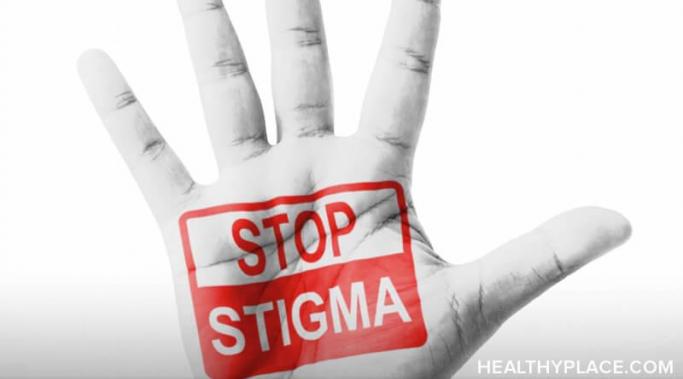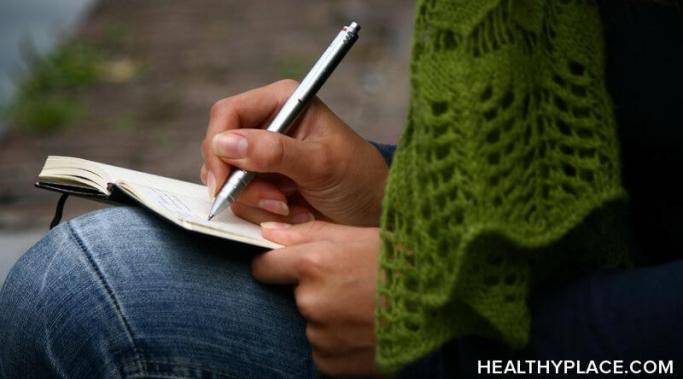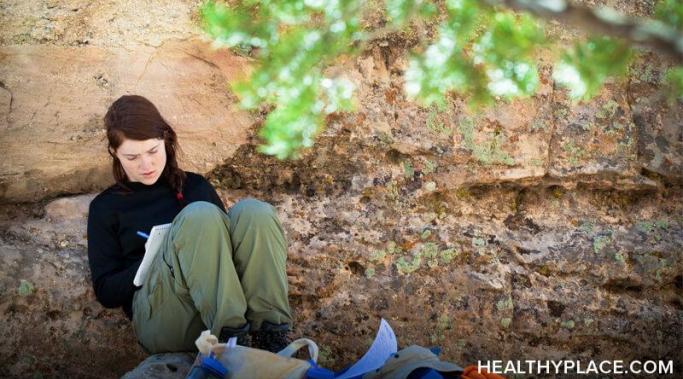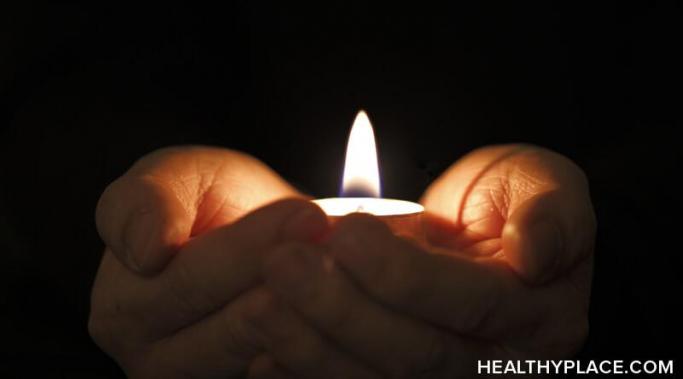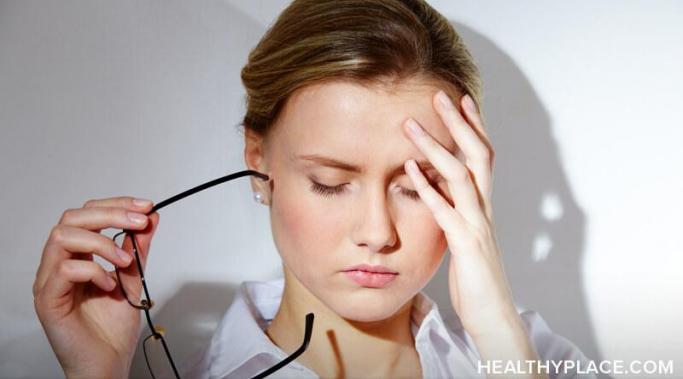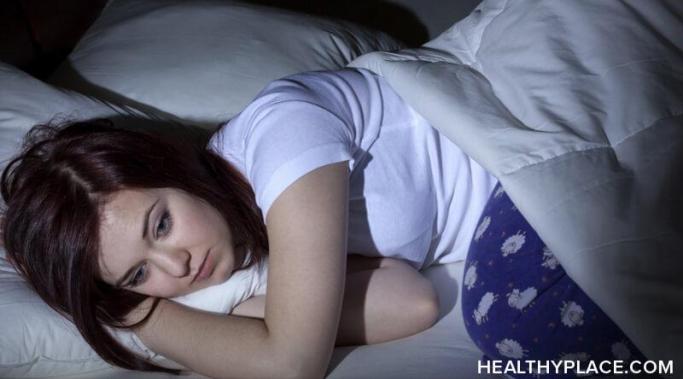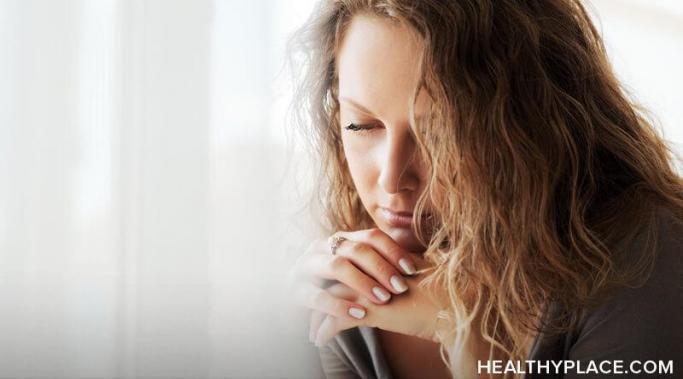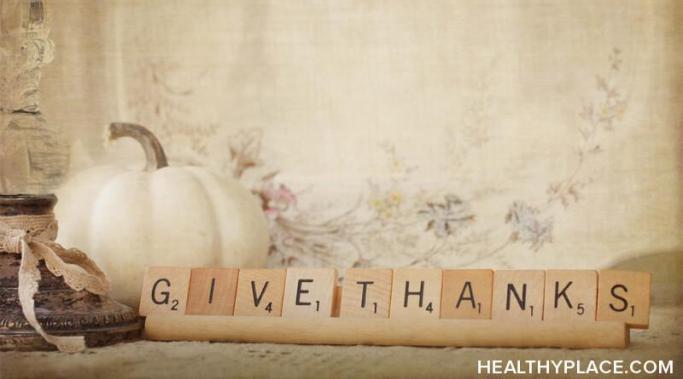If you were to ask most people what someone with depression looks like or how someone who has depression might behave, they would likely respond by saying things like, "sad," "crying," "miserable," or "gloomy." While those of us with depression feel these emotions and exhibit these behaviors at times, they certainly don't encompass all that we are. People with depression feel many things over the course of their lives, and it's time to end the stigma and remove the stereotypes associated with depression.
Depression Symptoms
Depression takes its toll on us, and our brains certainly deserve a break. While we know this to be true, how can we put this knowledge into practice?
There are many feelings of depression. Yes, there is a feeling of sadness, but there are also other feelings, too. These feelings may include numbness, anger, irritability, extreme tiredness, stress, worthlessness, and guilt. These are typical feelings for someone with depression, yet we shouldn't ignore these feelings nor wallow in them, either. So, how can we cope with these feelings of depression in a healthy way?
Having healthy coping skills and knowing how to practice them can play a major role in suicide prevention. When someone is struggling with depression and suicidal thoughts, the pain and confusion he/she feels is often compounded by misinformation, incorrect beliefs, and unhealthy coping skills. Yet, these are often the only things a person suffering from a mental health crisis has at his/her disposal. It's time to change this now by having educational conversations about mental health, suicide, and healthy coping skills. (Note: This post contains a trigger warning.)
Many people may not realize that depression has physical symptoms. When extra stress is added to our lives, we may be more likely to see manifestations of the physical symptoms of our depression. What are some of the physical symptoms we may experience due to depression? What, if anything, can we do about stress and its effect on the physical symptoms of depression?
Depression-caused anger is often present in depression, but there are daily activities we can do to lessen the anger, help us relax and feel more at peace. I try to do all of these activities each day or at least most days. None of them take much time. I'd like to share the activities that help me lessen the depression-caused anger I experience.
While we likely won't experience all the symptoms of depression, we will certainly experience some recurring symptoms; therefore, we will need a plan for coping with these symptoms of depression. What are some recurring depression symptoms to be on the lookout for? How can we build coping skills to help us navigate through these hard times?
For those with depression, isolation is often something we experience. Many times we don't have the energy or desire to go out and socialize; however, living in isolation is no true life at all. We don't have to allow our depression to keep us isolated. We just need some guidelines so we can tell the difference between isolation and alone time.
For those of us with depression, it's easy for us to lose sight of what makes us who we are: personalities, senses of humor, talents. Our interests and passions often get buried under the weight of the burdens we bear. Depression makes it hard for us to find ourselves; however, in spite of the hardship, it's a worthwhile investment we should make. I've gotten some insights I'd like to share with you about how finding yourself can truly be a great way to cope when you have depression.
How do we go about practicing gratitude while we are struggling with depression? I will admit that I am currently trying to figure that out myself. This article is meant to help me as much as it is those of you who are reading it.
